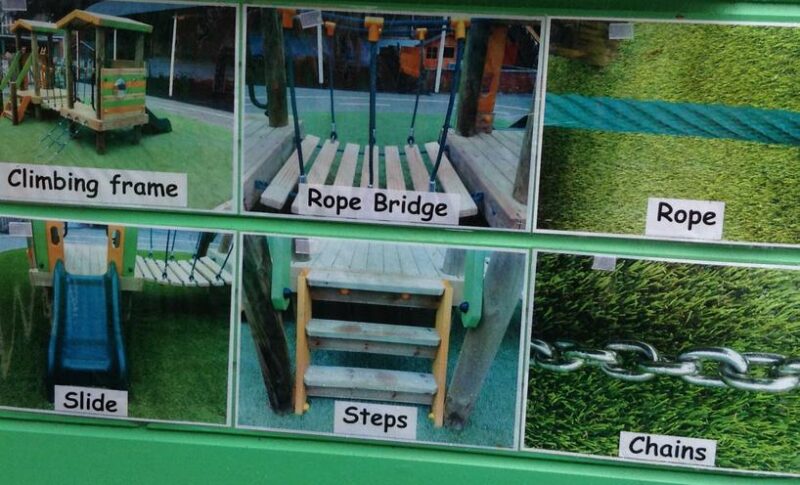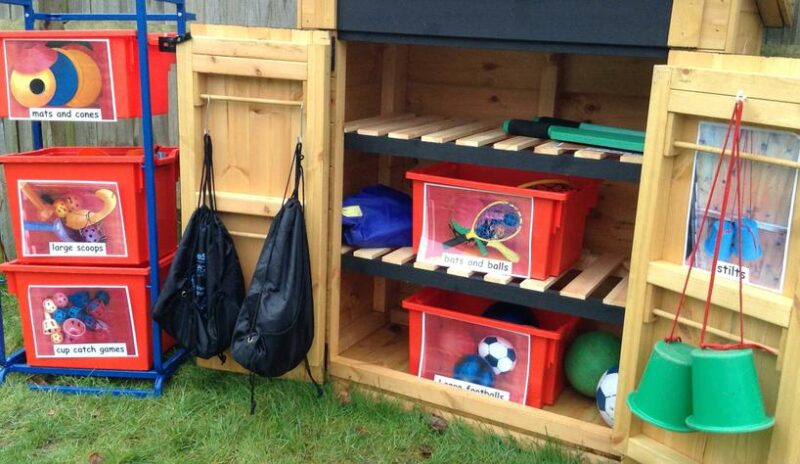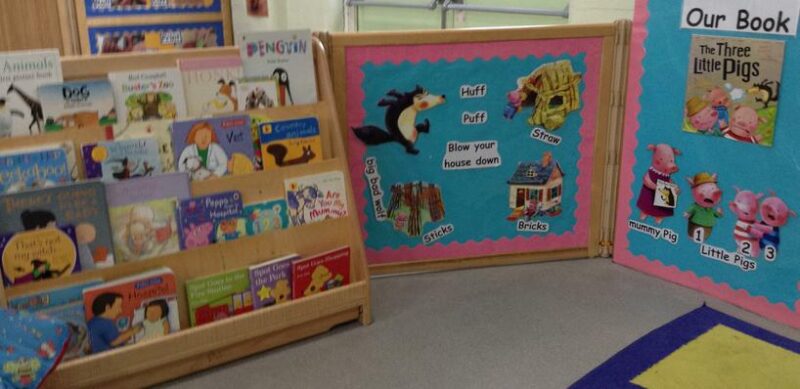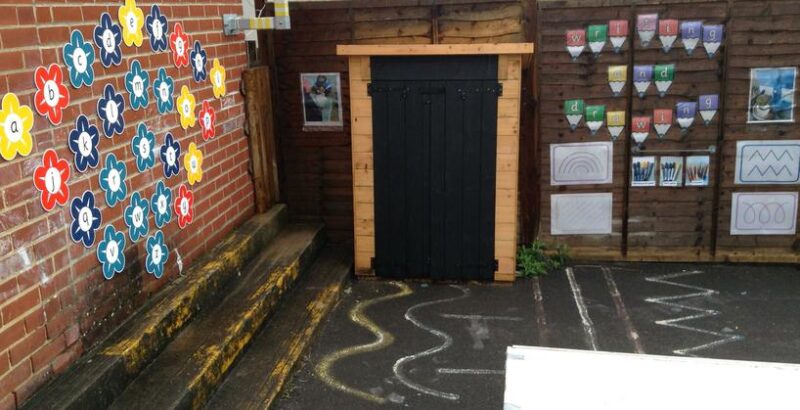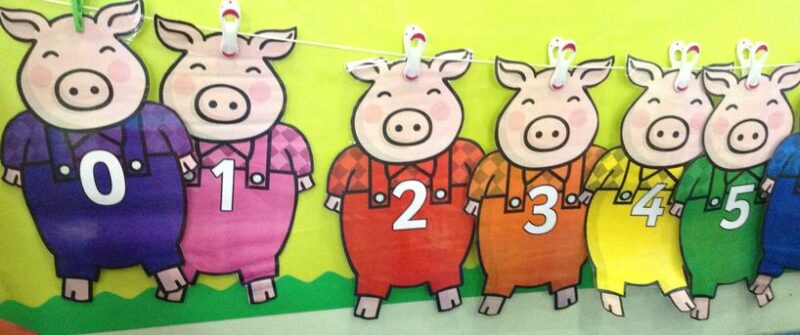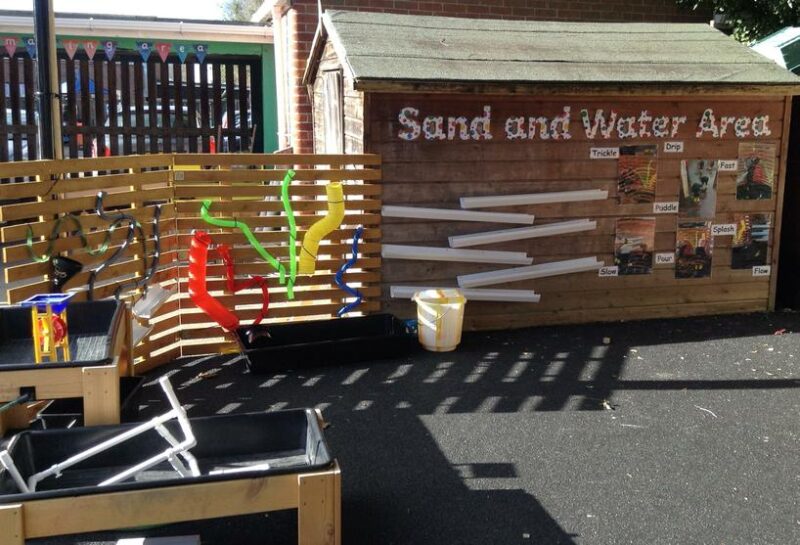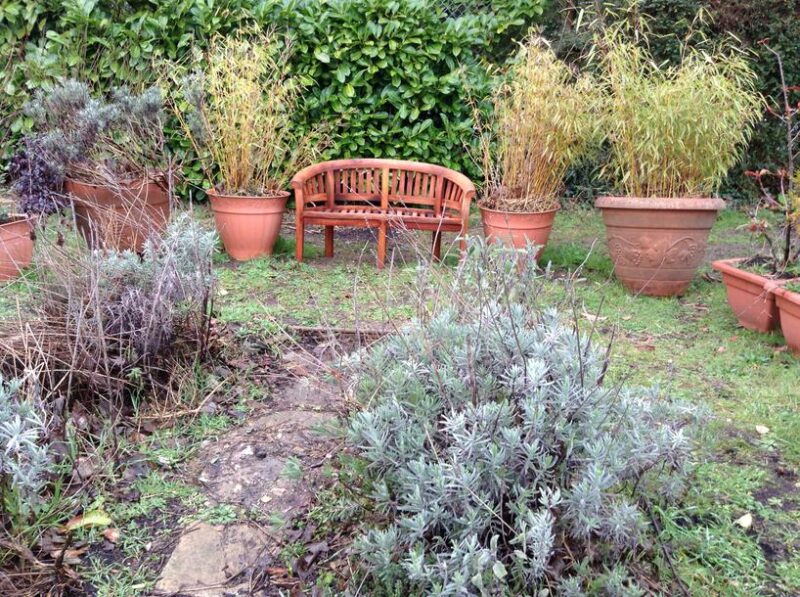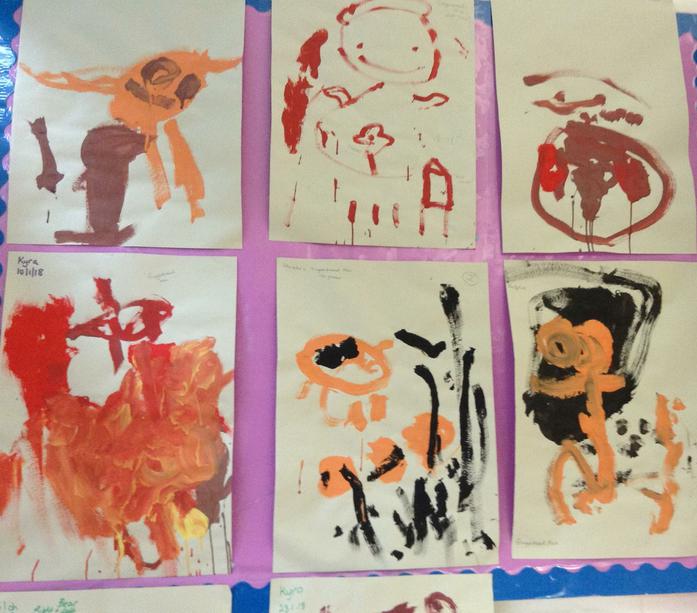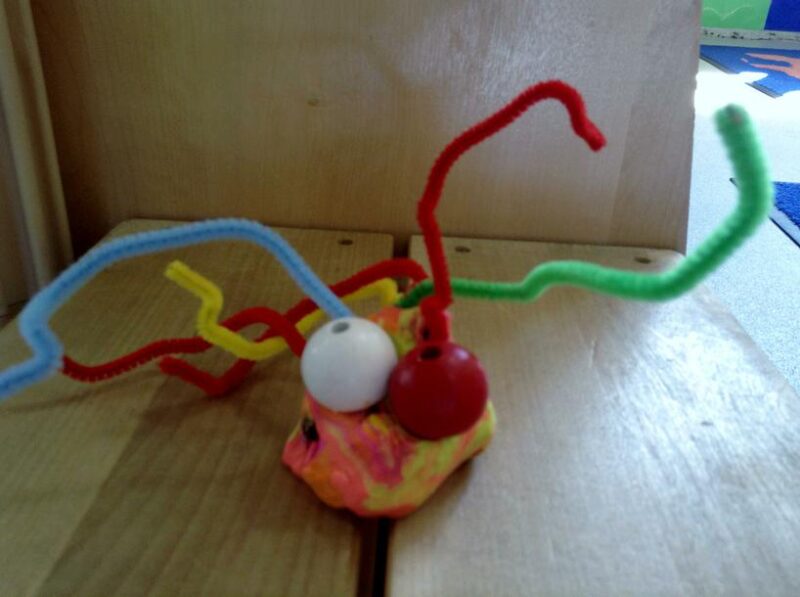Welcome to curriculum support. On this page we aim to provide you with lots of hints and tips for supporting your child’s learning.
The Nursery Curriculum
- Portsdown Nursery provides high quality childcare and education, which builds upon and extends children’s development and understanding, to provide a foundation for future learning and achievement.
- The Nursery curriculum is based on the Early Years Foundation Stage (EYFS) curriculum published by the government. You can find information about the curriculum as well helpful advice on https://foundationyears.org.uk/ a website from pregnancy to children aged 5.
- Through rich experiences and a wide range of learning situations, children’s interaction with people and exploration of the world around them is developed in a safe and secure environment. As children grow and change, they are supported and provided with opportunities to enable them to become socially aware, to communicate and learn about their world.
- Children’s learning is developed through well- planned play, which is enjoyable and challenging.
- Continual assessment of children enables adults to plan appropriate opportunities to encourage individual and groups of children to play, talk, observe, plan, question, experiment, explore, repeat and reflect to develop their understanding and growth. Nursery staff liaise closely with families to share and discuss observations and assessments of children’s development and plan for their next steps in learning.
Progression from Nursery to Year R
For more information about how we plan for the progression of learning from Nursery into Year R, please see the following progression documents :
EYFS Intent Implementation And Impact
Understanding The World Progression
Physical Development Progression
Personal Social And Emotional Development Progression
Nursery Environment
The Nursery classrooms are surrounded by safe and enclosed outside areas which are landscaped with grass, safety play surfaces, and tarmac. This provides opportunity for taking learning and development outside.
The Nursery environment includes:

-
- a range of bikes and trucks for a specifically designed roadway
- sand, water and mud kitchen play for exploring and combining materials
- role play areas and small world areas
- hills for running and climbing
- large adventure climbing apparatus with safe surfacing
- construction apparatus for building
- opportunities for exploring and using ICT equipment
- opportunities for planting, growing and harvesting produce
- safe shaded areas for all weather protection

-
- music and sound exploration
- reading dens
- opportunities to develop number and awareness of shape and measure
- opportunities to develop mark making, drawing and writing with a range of resources
- opportunities for exploration and investigation
- opportunities to explore media and materials e.g. paint, malleable materials, glue.
- The Nursery environment indoor and outdoors is organised into areas which allow children to learn through play.
- Areas are clearly organised and labelled to enable children to learn where things are so they can independently access resources for themselves and learn to tidy them away.
- We promote health and safety at all times through modelling and interactions with children.
- Areas are bright, attractive and stimulating, displaying children’s current activities, pictures, photographs and words. We encourage children to feel that what they do is valued and we display a range of their work.

- Through providing first-hand experience, pictures, artifacts, photographs, resources and activities we provide a rich and stimulating environment, in which children feel safe secure and cannot help but play, explore and learn.
Supporting Learnign and Development
- In Caterpillars and Butterflies, children work in groups with a Key Person as well as having opportunity to learn and play following their own interests in the environment with adults supporting and working alongside.
- Nursery staff work closely with children to develop positive attitudes to learning through play across a broad and balanced curriculum.
- Children learn to be independent, work alongside and to play with other children, to take turns, share and listen with others.
- With adults working along side them children are encouraged to explore, investigate, think creatively and problem solve.
- Children are encouraged to be confident to talk with peers and adults, to say how they feel and do things for themselves.
- Children have daily access to the inside and outside environment where there is opportunity to explore a range of experiences for learning including:-
Communication and Language
Developing listening and attention skills; learning to distinguish between sounds, joining in with and learning rhymes and songs.
Developing understanding and talking, through broadening vocabulary, and using longer and more complex sentences, as well as responding to and asking questions.
Personal, Social and Emotional Development
Personal, Social and Emotional Development is fundamental to all other aspects of lifelong development and learning, and is key to children’s wellbeing and resilience.
Helping children develop confidence and independence as they play and explore; learning to follow the daily routine and understand rules and expectations for appropriate behaviour; understanding their own feelings; and developing respect for others.
Physical Development
Encouraging confidence in exploring different ways of moving individually and in a group with increasing control e.g. using wheeled toys, exploring construction equipment, small games equipment e.g. ball play climbing, balancing and tunneling play, den building.
Supporting children to explore opportunities for holding and using large and small equipment for making marks and joining materials.
Encouraging understanding of how their bodies work developing independence in self-care.
Literacy
Encouraging interest in looking at and talking about books; learning how to use and handle books; developing enjoyment in listening to stories and reading.
Supporting children joining in and remembering rhymes.
Developing interest in mark making and writing so they give meaning to the marks they make.
Maths
Encouraging enjoyment, understanding and awareness of numbers and counting through practical activities rhymes and real experiences.
Exploring and talking about shapes and measures.
Seeking patterns, creating and solving mathematical problems and engaging with stories, songs, games, practical activities and imaginative play
Understanding the world
Investigative play – texture play e.g.- sand/water/mud/playdough.
Finding out and exploring the environment and the world through their senses. Talking about their observations and asking questions.
Using and exploring ICT. Talking about people and the community.
Expressive Arts and Design
Role play and imaginary play, exploring materials and media in messy play, painting, construction and malleable materials.
Exploring and responding to music and sounds.
In addition facilities are provided for:
Cooking, snacks and meals and sleeping if children require a sleep in the day.
We are also keen to encourage and develop the use of their computing skills and understanding,
Technological world for under 5’s
Oral Health
Why oral health is included in the EYFS framework?
Good oral health habits need to be formed from the earliest age.
Tooth decay is largely preventable, but it’s still a serious problem among young children.
Did you know!
Nearly a quarter of 5 year olds in England have tooth decay, with 3 or 4 teeth affected on average.
Tooth extraction is one of the most common procedures for children under 6 in hospital. Extraction is also the most common reason for hospital admission for children aged 6 to 10.
Children from more deprived backgrounds are more likely to have tooth decay.
Children who have toothache, or need treatment, may have pain or infections. This can have a wider effect and lead to problems eating, sleeping, socialising and learning.

Hungry Little Minds
All the little things you do with your child – like everyday conversations, make-believe play and reading together – make a big difference to their development.
The Hungry Little Minds campaign provides lots of ideas that can help boost your child’s learning. You can slot them into your routine and your children will love them. Such as:
• Play ‘I spy’ on the bus with them and you can see their imaginations light up
• Talk to your child about what has happened so far in the day – for example, “We went to the shops this morning, didn’t we? We bought some apples.” And talk about what is going to happen next – “After lunch we’ll do the washing up”
• Look at picture books together. With each new page, give your child time to point out things to you and talk about what they can see.
Search Hungry Little Minds for simple tips and activities, or to find out what’s available where you live.

Reading with your child helps set them up nicely for school.

Kids love to chat, even when they’re too young to say much back.


A book, a magazine, even a shopping list – it all goes in.
Have a look at the documents below to get lots of ideas about what to do with your child. We hope you enjoy them!
Supporting Your Child To Develop Listening Skills
Caterpillars Nursery Rhyme Leaflet
Butterflies Number Rhyme Leaflet
 Portsdown Primary School & Early Years
Portsdown Primary School & Early Years
